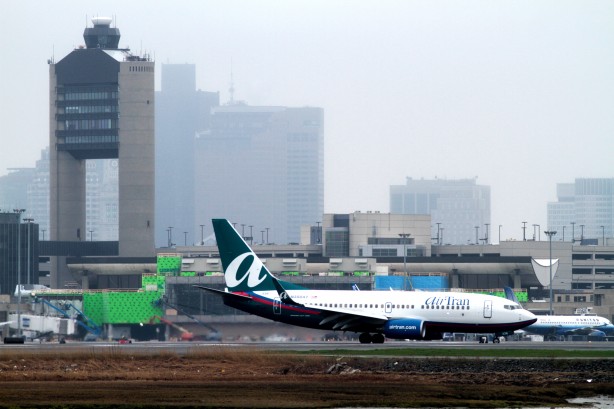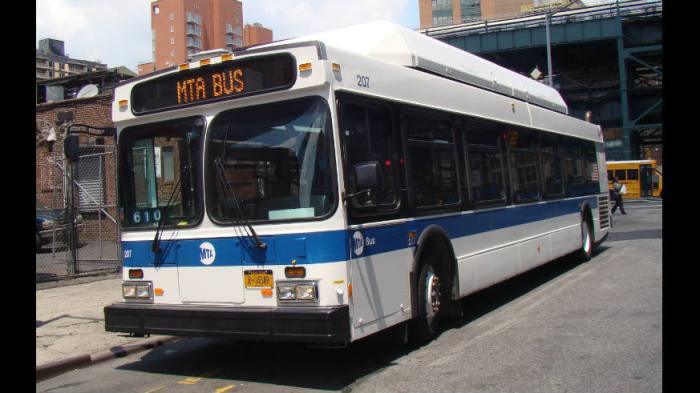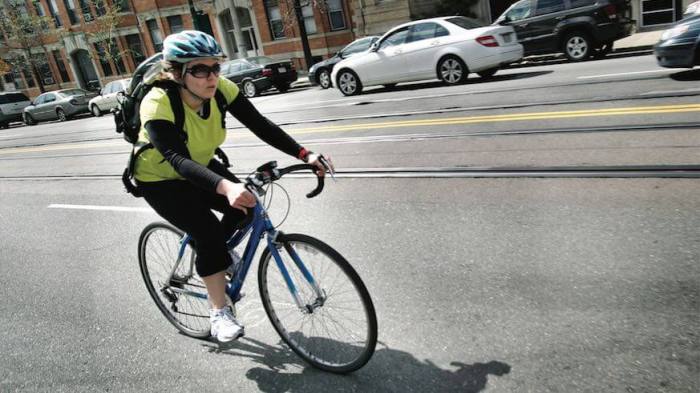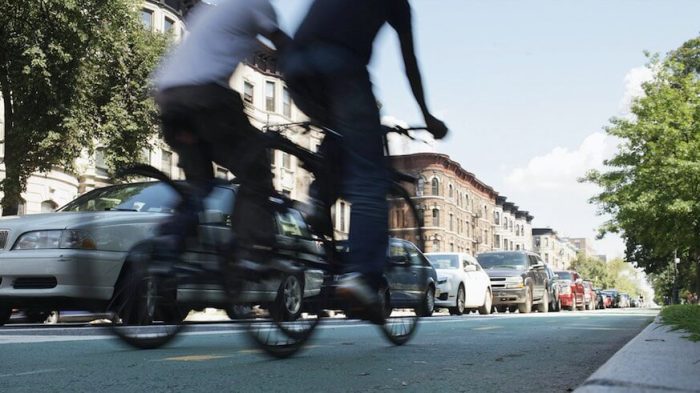The agency that manages Logan Airport agreed Thursday to invest in reducing emissions from cars and planes as part of its plan to create 5,000 new parking spaces at the East Boston air hub.
If the parking plan is permitted, Logan would install ample electric vehicle charging stations throughout its facilities, significantly increase its fleet of Silver Line buses and electrify its gas-powered equipment under a deal between the Massachusetts Port Authority and the Conservation Law Foundation (CLF).
In exchange for Logan’s environmentally friendly upgrades, CLF agreed to drop its opposition to the parking plan, which is pending regulatory action by the Department of Environmental Protection.
The largest airport in New England, Logan logged 36 million passengers in 2016, its sixth straight year of passenger growth. Massport in March reported the airport has 18,640 commercial parking spaces and 2,488 employee parking spaces.
Massport officials said Logan is the only airport in the country subject to a limit on the number of parking spaces, known as a parking freeze. The environmental measure dates back to 1975 and aspects of the deal announced Thursday appear likely to be added to the state’s parking freeze regulation.
In an environmental filing, Massport contended that constraints on parking increase the amount of vehicle miles traveled as many passengers choose to be dropped off and picked up, requiring two roundtrips to the airport.
Massport officials said the agency’s plans to add parking will reduce vehicle emissions by 23 percent, and said parking demand exceeded supply during 44 weeks in 2016. Implementing the new plans combined with the addition of parking spaces will reduce non-aircraft emissions by nearly 42 percent at the airport, according to Massport.
“CLF has been a great regional advocate for the health and safety of New Englanders for the past 50 years,” said Massport CEO Thomas Glynn. “Working together we thought outside the box and developed a larger strategy to reduce vehicle trips to and from the airport, a move that will benefit the surrounding communities for decades to come.”
Under the deal, Logan agreed to replace all gas-powered service equipment with electric versions, when available, over the next decade, according to CLF, which said Logan is the “first airport in the United States to make such a commitment.”
“Logan Airport is both a major gateway to New England and a microcosm of the region’s climate, pollution, and transportation challenges,” said CLF President Bradley Campbell. “With this landmark agreement, Logan moves to the head of the class in reducing airport soot, smog, and greenhouse gas emissions, while improving the experience of air travelers and the health of neighboring communities.”
Rafael Mares, vice president at CLF, said under the deal Massport agreed to buy 16 Silver Line buses and increase the capacity on Logan Express by 10 percent, either by adding seats, increasing the frequency of the express buses or other means. Additionally, Massport will implement a free T pass program for certain employees to encourage public transit, according to Mares.
Massport already provides the MBTA with eight Silver Line buses, which people are able to board for free at Logan, according to the MBTA, whose spokesman Joe Pesaturo said T officials are working to identify an alternative type of vehicle to use in its Silver Line tunnel.
To reduce the practice of pilots using jet engines to maneuver planes on the ground, Massport agreed to use electrically powered vehicles to position 60 percent of its planes by 2027, according Mares, who said that would reduce noise and air pollution.
In total the agreement tasks Massport with increasing the share of passengers taking high-occupancy vehicles – such as buses or taxis containing multiple passengers – to the airport from the current rate of 30.5 percent to 40 percent in 10 years, according to CLF.
Massport will also study the idea of adding a fee on all cars entering the airport, not just those that park there, according to Mares. He said the airport would also take steps to encourage people to share trips in taxis or cars hailed through apps like Uber and Lyft.
















